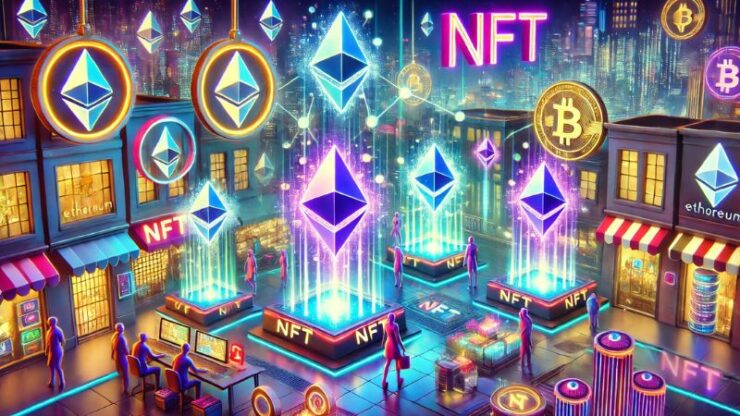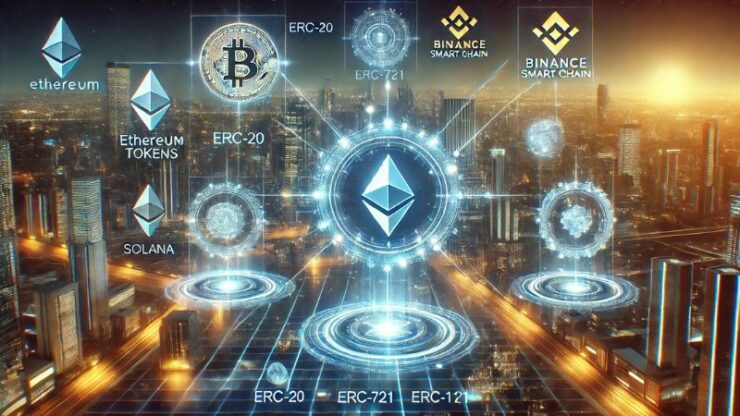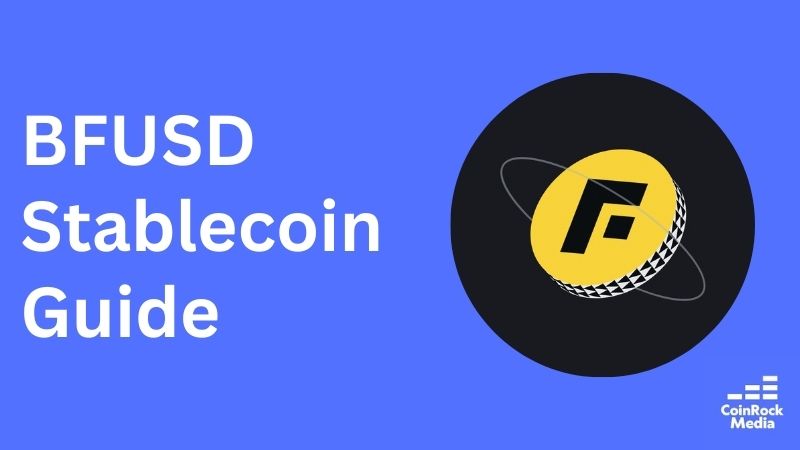In the burgeoning world of blockchain technology, tokens play a crucial role in cryptocurrency and decentralized applications (dApps). However, not all tokens are created equal. Token standards provide the guidelines and rules for creating and managing tokens on a blockchain.
Understanding these standards is essential for developers, investors, and users alike. This article delves into what token standards are, their significance, and how they shape the blockchain landscape.
What Are Token Standards?
Token standards serve as a set of technical specifications that govern the creation, management, and behavior of tokens on a blockchain. They provide a framework that ensures consistency, compatibility, and security in how tokens operate.
The most common token standards exist on the Ethereum blockchain, although similar standards can be found on other platforms, such as Binance Smart Chain and Solana.
The Most Popular Token Standards
While several token standards exist, a few have gained widespread adoption due to their utility and flexibility. These standards are particularly associated with Ethereum but have inspired similar developments across different blockchains.
ERC-20: The Cornerstone
The ERC-20 standard is perhaps the most well-known token standard. Its introduction allowed for the creation of fungible tokens, meaning that each token is identical and can be exchanged on a one-to-one basis.
This standard outlines basic functions like transfer, approval, and balance inquiry, making it easy for developers to create new tokens without worrying about the underlying complexities.
ERC-721: Non-Fungible Tokens (NFTs)
In contrast to ERC-20, the ERC-721 standard governs non-fungible tokens (NFTs). NFTs are unique and cannot be directly exchanged on a one-to-one basis.
This standard is crucial for digital art, collectibles, and other use cases where uniqueness matters. By stipulating methods for tracking ownership and transferring unique assets, ERC-721 facilitates the booming NFT market.
ERC-1155: The Multi-Token Standard
ERC-1155 is a more flexible token standard that allows a single contract to handle multiple token types, both fungible and non-fungible.
This versatility makes it easier for developers to create complex dApps that incorporate a variety of token types under one roof. Gaming applications, for instance, can utilize ERC-1155 to manage both in-game currency and unique character skins seamlessly.

Why Token Standards are Important
Understanding the importance of token standards is essential for recognizing their impact on the blockchain ecosystem. Following are the key reasons why the tokens are of great importance.
1. Interoperability
Token standards enhance interoperability among various applications and platforms. When developers adhere to established standards, their tokens can easily integrate with wallets, exchanges, and other dApps, fostering an environment where tokens can thrive. This fluidity is crucial for the growth of the blockchain ecosystem as a whole.
2. Simplified Development
Token standards reduce the complexities involved in token creation and management. By providing templates and guidelines, they enable developers to focus on building innovative applications rather than reinventing the wheel. This streamlined development process accelerates the pace of innovation in the crypto space.
3. Enhanced Security
Standardized tokens come with built-in security features that protect users and developers alike. By following established protocols, developers can minimize the risks associated with creating smart contracts, thereby enhancing overall security in the ecosystem. Uniformity in smart contracts also makes it easier to audit and identify vulnerabilities.
4. Improved User Experience
A consistent user experience is vital for attracting and retaining users in the crypto space. Token standards ensure that users can easily interact with tokens across different platforms without confusion. This ease of use encourages more individuals to participate in the blockchain ecosystem, driving adoption further.
Use Cases for Token Standards
Token standards serve a wide range of applications across various industries, showcasing their versatility and importance:
1. Finance and DeFi
In decentralized finance (DeFi), token standards streamline the process of creating stablecoins, lending tokens, and yield farming. By adhering to standards like ERC-20, DeFi applications can facilitate seamless transactions, liquidity pooling, and token exchanges.
2. Gaming
Utilizing ERC-721 and ERC-1155, the gaming industry has experienced a surge in popularity for play-to-earn models and NFT-based games. Players can own unique assets and trade them in secondary markets, creating new revenue streams.
3. Supply Chain Management
Token standards can enhance transparency and traceability in supply chain management. By tokenizing goods and assets, companies can track their products’ journey from production to delivery, ensuring authenticity and accountability.
4. Real Estate
Tokenizing real estate assets can democratize access to property investments. By following established token standards, fractional ownership can become more accessible, allowing small investors to own a piece of real estate without the substantial upfront cost.
Challenges and Future Outlook
Despite their advantages, token standards are not without challenges. Issues like scalability, regulatory concerns, and interoperability among multiple standards can pose hurdles for developers and users.
As the blockchain landscape continues to evolve, addressing these challenges will be critical for the future of token standards.
Moreover, as new technologies emerge, we may see the development of advanced token standards that go beyond the current paradigms, further shaping how tokens are used in various industries.
Conclusion
Token standards are more than just technical specifications. By providing a consistent foundation for token creation and management, they foster interoperability, simplify development, enhance security, and improve user experience.
As the blockchain landscape continues to evolve, understanding and leveraging these standards will be crucial for anyone engaged in this transformative technology.
Whether you’re a developer looking to create a new token or an investor contemplating your next move in the market, grasping the significance of token standards will undoubtedly provide you with a solid competitive advantage.





